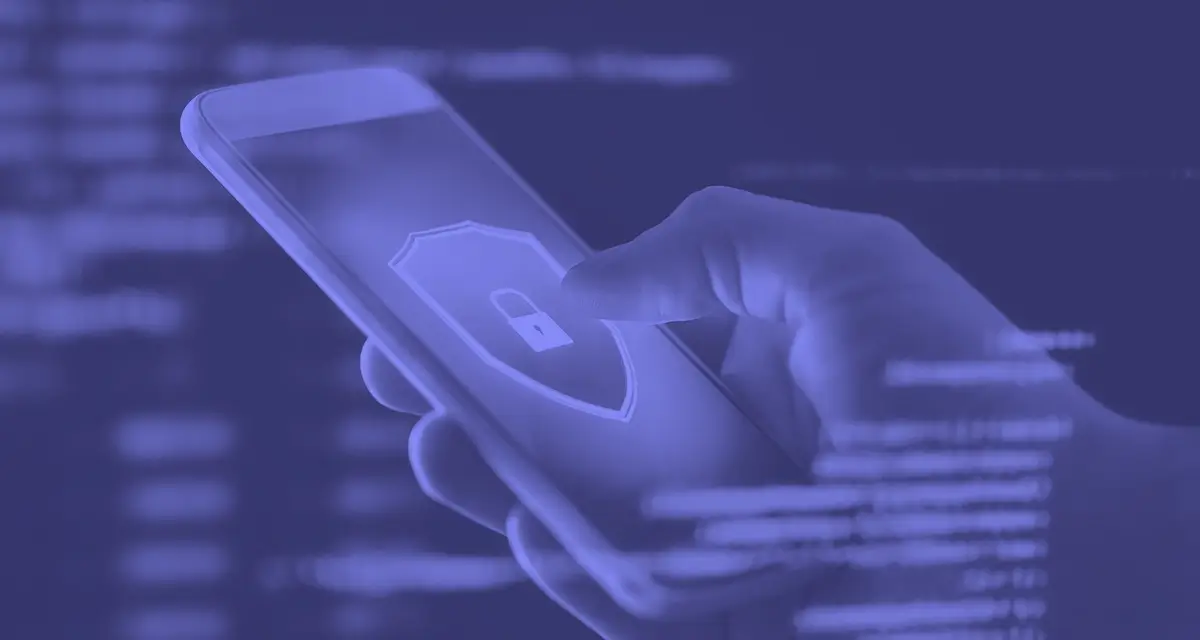

Undoubtedly, the internet is among the most brilliant inventions humans have developed. With the world rapidly pacing towards a digital future, it has a key role in our lives. Most of our daily activities, such as numerous forms of communication, entertainment, fiscal, and vocational responsibilities, are achieved online. This means that loads of information are continuously shared between the internet servers and the end user.
Although the internet promises privacy and online security to end users, it is prone to cyber threats. Cybercriminals and hackers can potentially intercept data traffic to misuse sensitive information against internet users. Therefore, various security measures must be implemented to mitigate any emerging threats. Continue reading to learn more about internet security and ways you can boost it.
The term ‘internet security’ refers to an array of security procedures that individuals and corporations adopt to protect their online activity. These security protocols are designed to safeguard internet users from potential threats that can compromise their computer systems, email addresses, or websites. They include antivirus software, anti-malware programs, endpoint security suites, password managers, and strong encryption.
Besides hackers, malicious software and viruses also pose an imminent threat to internet users. Cybercriminals can use them to infect and potentially damage their computers. Some might use malicious software for identity theft to steal the victim’s bank account information and make illegal transactions. The list of potential vulnerabilities while accessing the internet is countless, but luckily, there are ways to minimize such risks.
Enhancing internet security is a common practice that individuals and corporations integrate to maintain their online presence, secure and private. But to ensure maximum internet security, identifying potential internet security threats is compulsory.
The internet is a reliable source of information sharing, but it is increasingly facing cyberattacks. With advancing technology, these internet security threats are becoming more potent, thus calling for more persuasive online security tactics.
Here are some common internet security threats that internet users face worldwide:
Malware is a type of software that cyber criminals use to disrupt computers, servers, and network operations. Also known as malicious software, these programs are developed to steal sensitive user information, provide unauthorized access, and restrict users to stored information.
Malware has many forms, each having its specific functions. The most common malware includes viruses, Trojans, botnets, rootkits, spyware, and adware.
A computer worm is a malicious program replicating itself on multiple computer systems. Typically, it spreads through a network and infects host computer systems and any other computers connected. It can find its way to other computer systems via email attachments, social networking sites, and file sharing.
Computer systems infected by computer worms suffer from slow performance. They might also face frequent application crashes and irregular background activity.
Spam is unwanted email messages that internet users might receive in their email inboxes. Generally, these emails advertise products, services, and subscriptions that the user is not interested in trying.
Users might be prompted to click on the attached links that would navigate them to the product page. Several of these attached links might also install malicious programs on computer systems when users click on them.
Phishing is a cyberattack that cyber criminals deploy to deceive internet users into revealing their sensitive information. The attacker would disguise themselves as trustworthy entities and lure the victim into clicking an email or message.
Most cybercriminals masquerade themselves as bank agents. They would ask the victim to verify their bank details, such as credit card numbers, bank accounts, and passwords. Consequently, they would use this information for illegal transactions.
The botnet refers to a network of infected computers that cybercriminals use to execute DDoS attacks. Botnets allow their owner to loot user information, send spam, and ingress computer storage and network via command-and-control programs.
Internet security has been a hot topic for internet users over the past few years. Because of the increasing risk of cyberattacks, people and corporations are forced to adopt reliable internet security tactics.
Remember that standalone internet security products might not offer comprehensive protection compared to multiple products combined. Therefore, users combine several internet security solutions to maximize internet security.
Here are some common internet security tactics individuals and enterprises deploy to reduce cyber threats:
The choice of an internet browser has a huge role to play when it comes to internet security. Every browser integrates a set of security protocols that helps protect user data. A secure browser would implement improved security tactics and has fewer security lapses that cybercriminals can exploit.
Therefore, internet users should always opt for a browser that mimics advanced security features. This way, they would be at a reduced risk of compromising their computer systems or network.
As the name suggests, multi-factor authentication adopts a layered approach to protect user data. It involves two or more credentials that the user must provide to verify their identity and gain computer access.
Usually, multi-factor authentication is integrated by website owners and email accounts to make them more secure.
Email messages can be a gateway for Trojans and viruses to infect computer systems or networks. However, such threats can be minimized by adopting a multi-layered email security approach.
Corporations can use tactics such as cryptography to protect devices from getting infected with malicious programs. Cryptography uses an algorithm that encrypts email messages, thus making them unidentifiable by unauthorized users.
A firewall is a security system that supervises incoming and outgoing data traffic based on pre-established security regulations. Firewalls can protect sensitive user information by creating barriers between trusted and non-trusted information sources.
Most computer systems feature firewalls that come built in with their operating systems. However, firewalls can be upgraded by creating new security rules to enhance cybersecurity.
To ensure maximum protection of private information, users can utilize numerous cyber security solutions. These include
By deploying a combination of these security solutions, users can ensure their computer systems and network stays uncompromised.
With emerging cybersecurity threats, internet users must adopt various security practices to maximize internet security. For this purpose, they can implement numerous tactics such as multi-factor authentication, firewalls, and secure browsers. Or they can use antivirus programs, password managers, and encryption to keep cyberattacks at bay.
